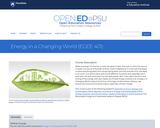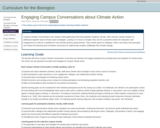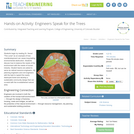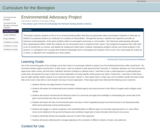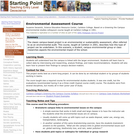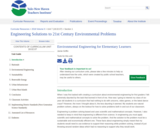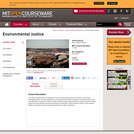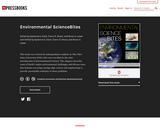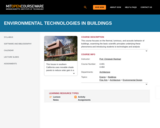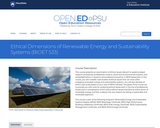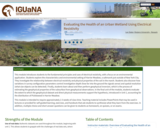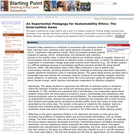In this course, you will discover the supply side of buildings’ energy chain.
The first step is to consider how to convert natural resources into the energy needed by buildings: what are the options to create heat, cold and electricity? You will learn about efficiency and use this concept to estimate building’s primary energy use and carbon emissions. This concept is widely used in many national and international policies and building regulations, and is essential to counteract climate change.
You will study the performances of single heating systems like electrical heating, gas, or renewables like biomass, solar boilers and geothermal heat, followed by single cooling systems like evaporative cooling and environmental cold.
We will also examine the systems that concurrently produce heat and cold. Do you know for instance that a heat pump and a cooling machine are identical devices? You will learn about the basic working principles of heat pumps and how to make sure they achieve high performance levels. After this course you will know how an Aquifer Thermal Storage makes smart use of the ground to deliver cold in summer and heat in winter.
Diverse electricity generation methods using turbines (wind, hydro), photovoltaics or hydrogen fuel cells will also be examined. You will learn how cogeneration of heat and power works and why this is important for the rational use of energy resources. You will also know why heat pumps are often combined with boilers or to which extent it is worth to invest in batteries for your solar panels.
By the end of the course you will be able to decide on how to combine energy conversion systems at building level in order to match buildings’ energy demand while keeping costs acceptable, using a minimum of natural resources and producing a minimum of carbon emissions.
This course is part of the program Buildings as Sustainable Energy Systems. In the other courses in this program you can learn how to design buildings with low energy demand, how to create a comfortable indoor environment, and how to control and optimize HVAC systems.


